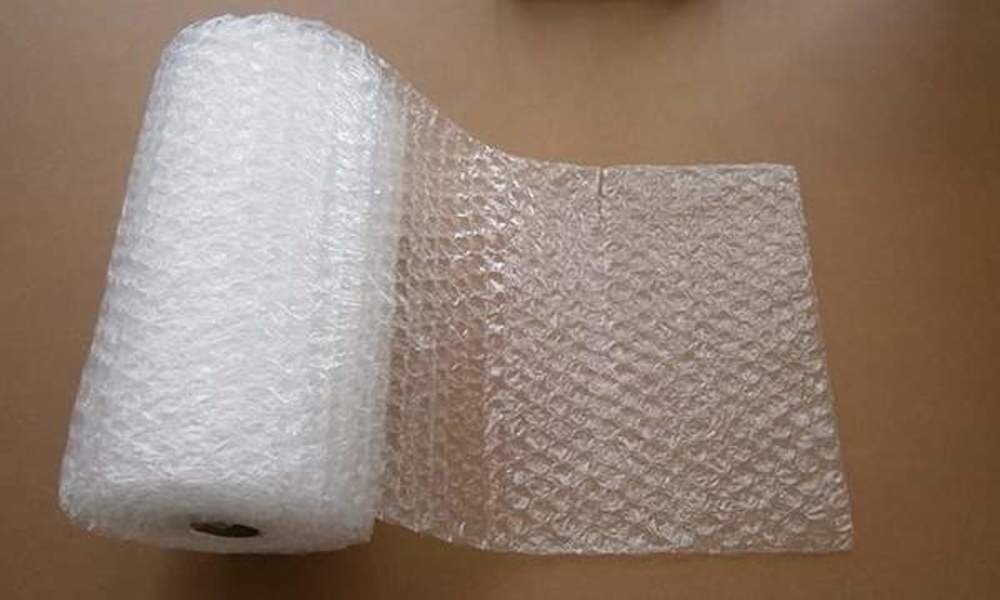
If you’re new to the world of slurry pumps, understanding their purpose, operation, and maintenance can seem overwhelming. Slurry pumps are vital components in industries like mining, construction, and waste management, where they handle mixtures of solids and liquids, often under harsh conditions. This guide will introduce you to the basics of slurry pumps, helping you get up to speed with this essential equipment.
What Are Slurry Pumps?
Slurry pumps are specialized pumps designed to move mixtures of water and solid materials, known as slurries. These slurries can vary in consistency, from thick, viscous mixtures to thin, watery substances. The pumps are built to handle abrasive and corrosive materials, making them robust and durable. They are commonly used in industries such as mining, dredging, and construction, where the transportation of solid-laden fluids is necessary.
Key Components:
Impeller:
The rotating component that transfers energy to the slurry, moving it through the pump.
Casing:
Houses the impeller and forms the flow path for the slurry, protecting the internal components from wear.
Shaft and Bearings:
Support the impeller and transmit power from the motor to the impeller.
Seals:
Prevent leakage of the slurry from the pump casing.
Types of Slurry Pumps
There are several types of slurry pumps UK, each designed for specific applications:
1. Centrifugal Slurry Pumps
These are the most common type, using a rotating impeller to generate centrifugal force, which moves the slurry through the pump. They are ideal for handling high-flow, low-viscosity slurries.
2. Peristaltic Pumps
Also known as hose pumps, these are positive displacement pumps that move the slurry through a flexible tube. They are suitable for handling highly viscous slurries and are often used in chemical processing.
3. Submersible Slurry Pumps
These pumps are designed to operate while submerged in the slurry. They are commonly used in mining, dredging, and wastewater treatment, where the pump needs to be placed directly in the slurry.
Selecting the Right Slurry Pump
Choosing the right slurry pump depends on several factors, including the type of slurry, the distance it needs to be moved, and the specific application. Consider the following when selecting a slurry pump:
1. Slurry Composition
Understand the consistency and composition of the slurry, including the size and abrasiveness of the solid particles. This will help determine the type of pump and materials needed for optimal performance.
2. Flow Rate and Head
Determine the required flow rate (the volume of slurry to be moved per unit of time) and head (the height the slurry needs to be lifted). These factors will influence the pump’s size and power requirements.
3. Material Compatibility
Ensure that the pump materials are compatible with the slurry to prevent corrosion and wear. Common materials include high-chrome alloys, rubber, and stainless steel.
Basic Maintenance Tips
Proper maintenance is crucial for the efficient operation and longevity of slurry pumps. Here are some basic maintenance tips:
1. Regular Inspections
Conduct routine inspections to check for wear, leaks, and other signs of damage. Regularly inspect the impeller, casing, and seals for wear and replace them as necessary.
2. Lubrication
Ensure that all moving parts, such as bearings and shafts, are properly lubricated according to the manufacturer’s recommendations.
3. Monitor Performance
Keep an eye on the pump’s performance indicators, such as flow rate, pressure, and power consumption. Any significant changes could indicate an issue that needs attention.
4. Cleaning
Regularly clean the pump to remove any buildup of slurry or debris, which can cause blockages and reduce efficiency.
Conclusion
Slurry pumps are vital pieces of equipment in industries dealing with solid-laden fluids. Understanding the basics of how they work, the different types available, and how to maintain them will help you ensure that your slurry pumps operate efficiently and effectively. With proper selection and maintenance, slurry pumps can provide reliable service even in the most demanding conditions. Whether you’re in mining, construction, or wastewater management, mastering the basics of slurry pumps will be crucial to your operations.




